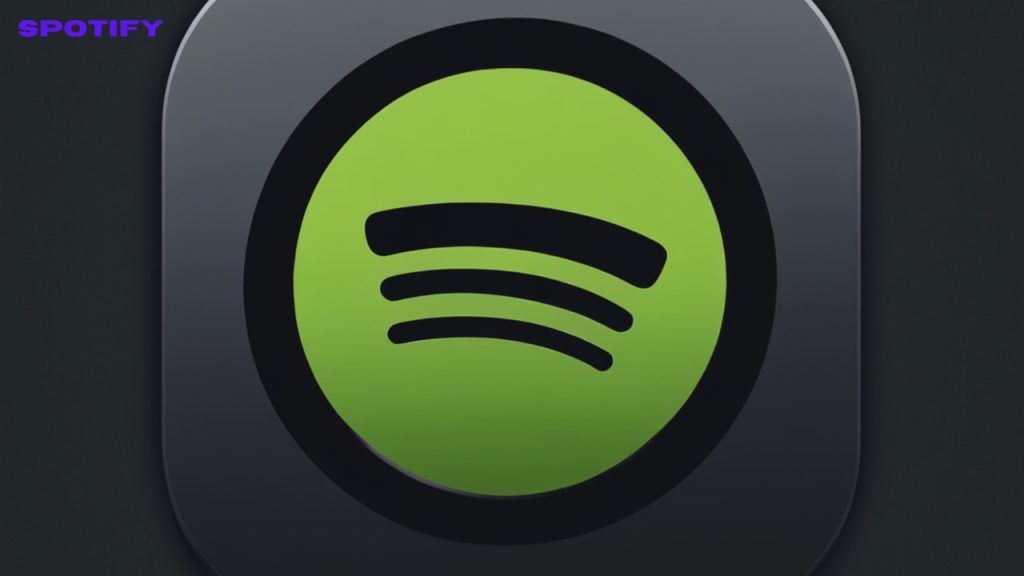One of the biggest music streaming services in the world Spotify may be preparing to launch tools that let users remix songs in an effort to innovate and improve user experience. While some find this move exciting there have been discussions about how it will affect artists copyright laws and the music industry overall. Is song remixing going to erode artist rights or democratize music creation as Spotify looks for new ways to interact with its audience? There has been a noticeable change in Spotify strategy towards music consumption with the rumored release of remixing tools.
Although Spotify has long supported giving users access to a huge music library this change would allow users to actively contribute to the creative process by remixing songs to fit their own tastes. User-generated remixes are endlessly customizable ranging from tempo adjustments and effect additions to completely new arrangement creation.
Spotify supporters contend that enabling users to remix songs will democratize the process of creating music resulting in the emergence of a new wave of indie producers and the promotion of an innovative and cooperative culture. Spotify might democratize access to music production by removing barriers to entry and enabling people to express themselves artistically by giving users the tools to experiment with various sounds and styles.
Furthermore, user-generated remixes have the power to revitalize already-existing songs by bringing in new perspectives and generating excitement for specific artists and songs. The ability to remix music could lead to a renaissance in music culture, blurring the boundaries between creator and consumer and promoting a more participatory and engaging music experience.
Examples of this could include social media-viral remixes and artist-fan collaborations. Though there has been much excitement about Spotify’s possible foray into song remixing questions have been raised regarding the platforms potential effects on copyright laws and artists. By modifying copyrighted content remixing gives rise to legal concerns regarding user-generated remixes and artists ownership rights. Although Spotify may put protections in place to stop copyright violations many artists and rights holders are still concerned about the possibility of abuse and unapproved remixes.

Moreover, some creatives worry that user-generated remixes might compromise the integrity of their work and dilute their creative vision. The thought of users remixing their tracks without permission can be unsettling for artists who have spent years developing their sound and perfecting their songs. Remixing tools also run the risk of undervaluing the original work which could result in disagreements about ownership royalties and creative control.
Practical factors also need to be taken into account such as the effect on the overall listening experience and the caliber of user-generated remixes. While certain users might be talented and creative enough to create excellent remixes others might make cheesy or derivative versions that take away from the original song. As Spotify develops its remixing tools one of its main challenges will be to strike a balance between user freedom and the need to maintain quality and respect for artists rights.
In spite of these reservations, Spotify’s possible foray into song remixing is a daring advance for music streaming services.By accepting user-generated content and encouraging innovation and teamwork Spotify has the potential to completely transform how we listen to music and give users the tools they need to take an active role in the creation of new music. To preserve artists rights and the integrity of the music business Spotify must nevertheless address the practical moral and legal ramifications of song remixing.
In conclusion,
The rumoured creation of remixing tools by Spotify has the potential to completely transform the music streaming market by enabling users to rework songs and take part in the creative process. Concerns regarding copyright infringement artist rights and the caliber of user-generated content are also raised by this move despite the fact that it promises to democratize music creation and promote an interactive music experience. In order to maintain the music industrys vibrancy diversity and sustainability in the digital age Spotify must strike a balance between empowering users and upholding artists rights as it navigates the complexities of song remixing.



